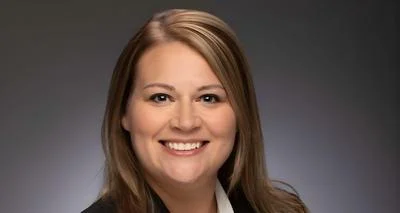Loyola Medicine has been recognized for its efforts in improving care for patients with fragility fractures, a complication often linked to osteoporosis. The organization received the Own the Bone Star Performer designation from The American Orthopaedic Association’s Own the Bone quality improvement program, which acknowledges institutions that meet high standards in bone health care.
Osteoporosis and low bone mass affect more than 53 million Americans, and the number is expected to rise as the population ages. Fragility fractures, often the first sign of osteoporosis, are common, with one in two women and one in four men likely to experience such a fracture in their lifetime. Despite the prevalence, less than half of the nearly two million people who suffer fragility fractures each year are tested or treated for osteoporosis.
The financial burden associated with these fractures is significant, with costs projected to increase from $57 billion in 2018 to over $95 billion by 2040 as annual fracture cases are expected to grow from 1.9 million to 3.2 million. In addition to financial costs, fragility fractures can have serious health consequences. Nearly 25% of patients who suffer a hip fracture die within a year, and many survivors lose their independence and may require long-term care.
Loyola Medicine’s participation in the Own the Bone program includes using a national web-based quality improvement registry and establishing a fracture liaison service (FLS). Through the FLS program, care coordinators identify, evaluate, and treat fragility fracture patients. Loyola joins more than 330 health care institutions nationwide in these efforts.
To achieve the Star Performer designation, Loyola met at least 75% compliance with five or more of ten prevention measures set by Own the Bone. These measures include patient education on calcium and vitamin D intake, physical activity, fall prevention, limiting alcohol consumption, smoking cessation, recommending bone mineral density testing, discussing treatment options, and providing written communication about risk factors and recommendations.
“We’re honored to be recognized for our dedication to empowering patients with the knowledge they need to understand their fracture risk and take proactive steps toward prevention,” said Alexander J. Ghanayem, MD, Department Chair of Orthopaedic Surgery and Rehabilitation.
Patients are encouraged to protect their bone health by ensuring adequate calcium and vitamin D intake, engaging in regular exercise, preventing falls at home, avoiding smoking, and limiting alcohol consumption. Individuals over age 50 who have experienced a broken bone are advised to consult their health care provider about bone density screening for osteoporosis.




 Alerts Sign-up
Alerts Sign-up